What is Mindfulness Based Stress Reduction?
Mindfulness-Based Stress Reduction, or MBSR, teaches individuals the principles of being more mindful and shows you how to apply them to deal more effectively with feelings of psychological distress and the demands of daily life. MBSR can teach you how to respond to stressful situations in a more thoughtful way. The practice has been found to be a helpful addition to conventional treatments for a variety of medical and psychological conditions, particularly anxiety, depression, and pain management.
What are Some Examples of MSBR?
The formal practices of MBSR is made up of a variety of exercises designed to help you relax and reconnect to your body and mind:
Body Scan Meditation
Bringing awareness to specific body parts to see where you are holding stress.
Mindful Movement
A series of gentle yoga movements and posture exercises.
Sitting Meditation
Learning to sit still and focus your mind on your breath.
Mindful Eating
Paying closer attention to what and how you are eating.
Mindful Breathing
Learning to monitor and control how you are breathing.
Walking Meditation
Focusing on yourself as you walk, including your connection to the earth.
Benefits of Mindfulness Based Stress Reduction
- Learn to approach your life with more composure, energy, understanding, and enthusiasm.
- Develop the ability to cope more effectively with short-term and long-term stressful situations.
- Gain insights into responses versus reactions.
- Enhance your ability to manage and reduce pain.
- Improve your focus, resilience, and capacity to recover more quickly from challenging events.
- Learn how to access and cultivate a natural capacity to actively engage in caring for yourself.
- Find greater balance, ease, and peace of mind within yourself.
History of Mindfulness Based Stress Reduction
MBSR is an eight-week mindfulness training program that was created by Jon Kabat-Zinn in 1979 at the University of Massachusetts Medical Center. He initially created this training for chronically ill patients who were not responding to traditional treatments, but it is now used for a wide variety of therapeutic situations by hundreds of thousands of people worldwide. According to Dr. Kabat-Zinn, mindfulness lets us “gain immediate access to our own powerful inner resources for insight, transformation, and healing.”
How Effective is Mindfulness Based Stress Reduction?
Over 6,000 research papers have published their findings on MBSR and the benefits they found include decreased depression, pain, and distress, and increased attention, concentration, performance, and quality of life. New research appearing in the BMJ journal Evidence-Based Mental Health suggests that mindfulness could be a promising alternative to cognitive behavioral therapy for relieving some of the psychological and physical symptoms of chronic pain.
Are There Any Risks Associated with Mindfulness Based Stress Reduction?
Because MBSR is a gentle physical practice, there are very few associated risks, however you should consult your doctor before beginning the training. If you are feeling pain while participating in the practice, it is best to modify or stop what you are doing. Being aware of your body from moment to moment is just as important as the exercises themselves.
In terms of emotional risks, you may feel sadness, anger, fear or anxiety—and they may seem stronger because you are paying attention to them in a more conscious way. If you have a history of trauma, abuse, addiction or suicidality, it is best to discuss this kind of treatment with your doctor to determine whether this is the right time to try MBSR.
Alternative Treatments to Mindfulness Based Stress Reduction
Some people cannot do yoga or other movement exercises because of physical limitations. And some people, try as they might, are not able to meditate, at least in the formal way. For those people, there are other ways to practice mindfulness besides classic meditation. Many people find getting out in nature to be meditative. Others find mindfulness pursuing an interest or hobby. And any activity you can do where you clear your mind, breathe deeply, feel relaxed, and keep yourself in the present can function as a form of everyday mindfulness.
